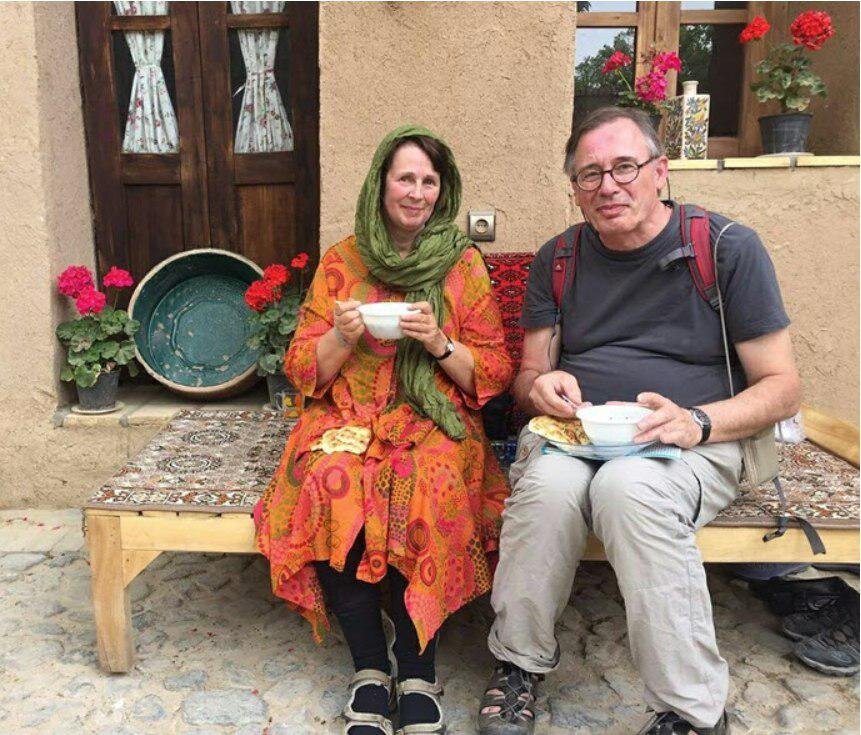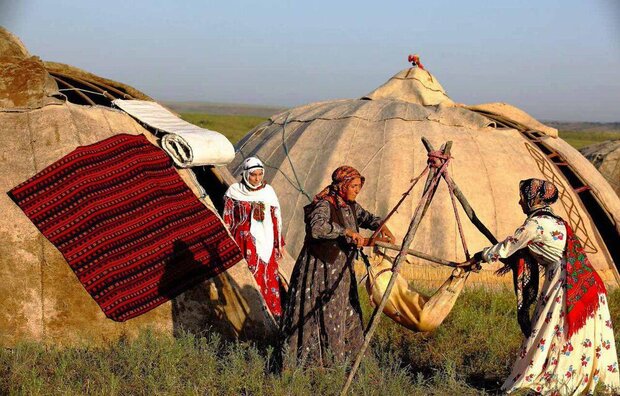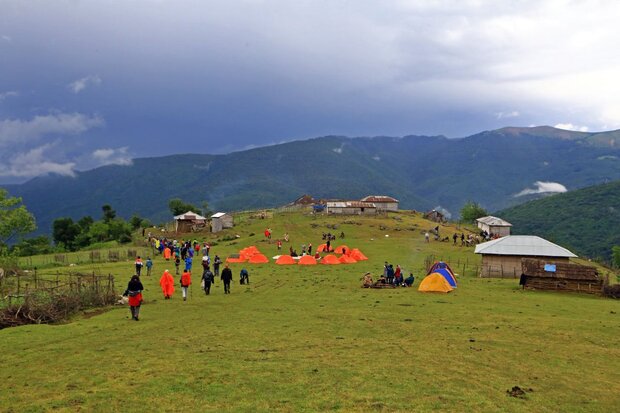Cultivation of tourism in the countryside

TEHRAN – In recent years, an increasing number of travelers are looking for something different such as spending a day in tranquil countryside, picking fresh fruits, watching rice grow, fishing by the seaside, eating traditional dishes, or even staying with locals.
To put it in other words, many urban residents tend to choose rural tourism to enjoy a slow-paced lifestyle that resembles something like ‘the Internet + countryside’.
That is in contrast to traditional ways of travel which are made mostly through travel agencies. As tourists mature, more and more sorts of travel are welcomed by the ones who are in search of off-the-beaten routes.
Having numerous pristine yet diverse natural gifts, Iran has many to offer to nature lovers. For instance, the villages of Kharanaq, Barandaq, and Lark have been nominated for the ‘Best Tourism Villages’ label, which the World Tourism Organization (UNWTO) is projected to grant to a selection of rural destinations across the globe.

An interesting thing to note here is Iranian countryside areas have traditionally been a place of production, dominated by farming, but changes in farming practices, mechanization, and the influences of globalization have deeply affected the fabric of its rural communities, which have increasingly shifted from being production spaces to consumption spaces, in which tourism plays an important role.
This way, the prosperity of rural tourism and its possible failure due to overtourism are the two ends of the seesaw. So, tourism resources with local characteristics should be constantly protected, explored, and developed to preserve tourist villages with their renowned characteristics.
The World Tourism Organization sees rural tourism as a type of activity in which the visitor’s experience is related to a wide range of products generally linked to nature-based activities, agriculture, rural lifestyle, culture, angling, and sightseeing. Such tourism also possesses characteristics such as low population density, a landscape dominated by agriculture and forestry, as well as traditional social structure and lifestyle.

The UN body aims to turn the spotlight on the “uniqueness” of each village to make tourism a means for further development in rural areas. “We want to recognize the uniqueness of each village and showcase the best initiatives to make tourism a means for a better future in rural areas. As we restart tourism, we work to ensure that we leave no one - and no village- behind,” according to UNWTO Secretary-General Zurab Pololikashvili.
Needless to say that the growth of the local economy is the ultimate goal of the rise and development of the rural tourism industry, but in the long run, to enable the long-term development of the rural tourism industry, the healthy maintenance and growth of environmental capacity is very important.
Consequently, rural tourism is not a magic solution to the problems faced by many rural areas, but it opens up opportunities for economic progress, social and cultural development, and enhancing people’s togetherness.
AFM
Leave a Comment